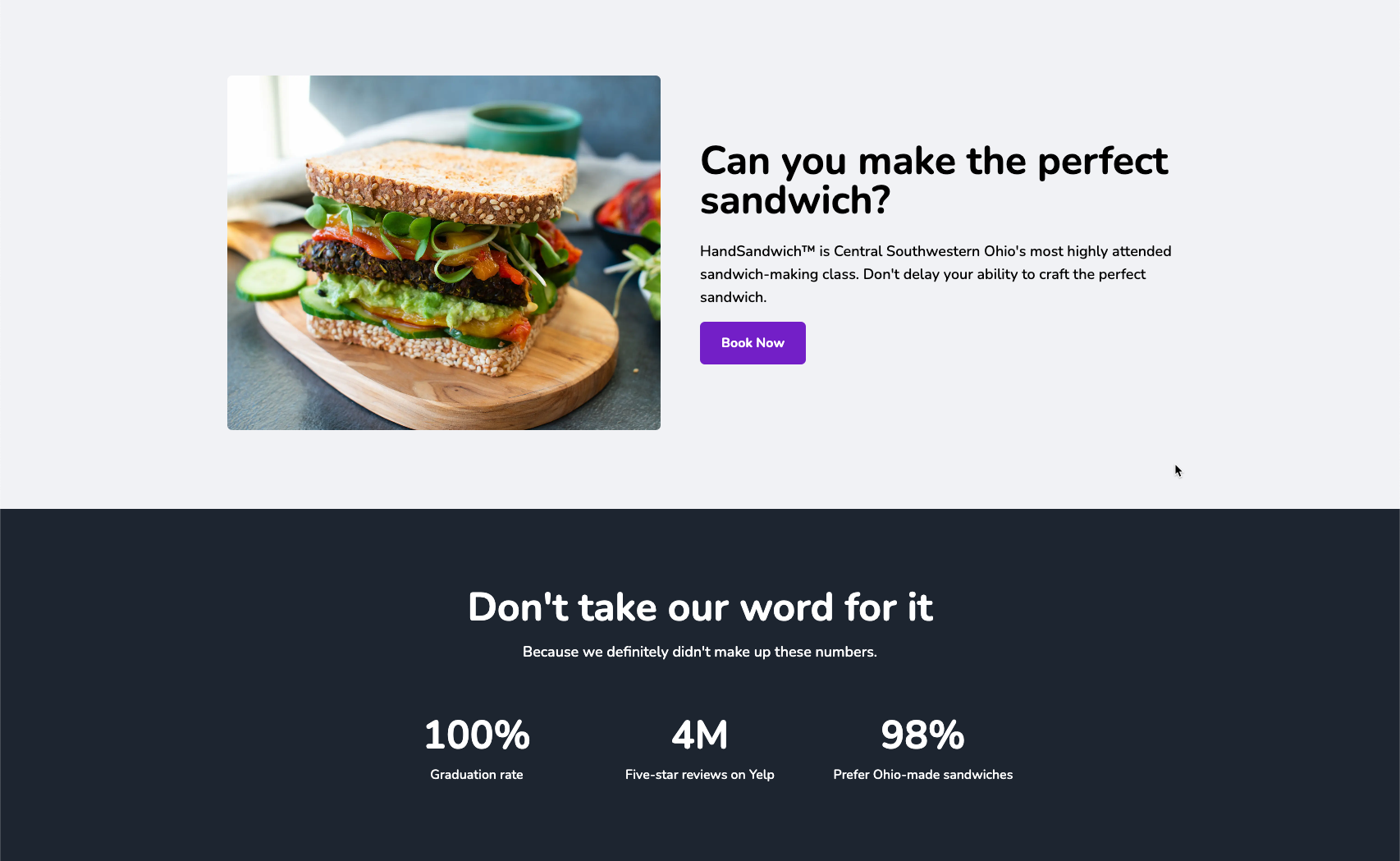Ecosyste.ms: Awesome
An open API service indexing awesome lists of open source software.
https://github.com/ikristy/groovy-amaranth-5734a
Made by Netlify Create
https://github.com/ikristy/groovy-amaranth-5734a
composable headless jamstack netlify ssg
Last synced: about 1 month ago
JSON representation
Made by Netlify Create
- Host: GitHub
- URL: https://github.com/ikristy/groovy-amaranth-5734a
- Owner: iKristy
- Created: 2024-05-03T23:31:52.000Z (10 months ago)
- Default Branch: master
- Last Pushed: 2024-05-03T23:31:53.000Z (10 months ago)
- Last Synced: 2025-01-18T12:11:32.186Z (about 1 month ago)
- Topics: composable, headless, jamstack, netlify, ssg
- Language: JavaScript
- Homepage: https://netlify.com
- Size: 2.49 MB
- Stars: 0
- Watchers: 1
- Forks: 0
- Open Issues: 0
-
Metadata Files:
- Readme: README.md
Awesome Lists containing this project
README
# Netlify Create Next.js + Contentful Minimal Starter

**ℹ️ This reposoitory is based on [our Getting Started tutorial](https://docs.netlify.com/create/get-started/nextjs-contentful/) in its completed state.**
There are two ways to start using this project: importing it via the UI, or developing locally.
## Creating a Netlify Create Project via the UI
To create a cloud-based Netlify Create project based on this repository, [click here](https://create.netlify.com/import?mode=duplicate&repository=https%3A%2F%2Fgithub.com%2Fstackbit-themes%2Fnextjs-contentful-starter&validate=auto).
You will need to connect your Contentful account (create a free account if needed), and a new Contentful space with sample content will be created for you.
A new GitHub repository with this codebase will be created for you. You can transfer ownership of the duplicated repository to you through the Project Settings.
Lastly, a live production build of the website on Netlify is automatically provisioned.
## Developing Locally
### Prerequisites
Before you begin, please make sure you have the following:
- Contentful account
- Node v18 or later
### Clone this repository
Clone this repository, then run `npm install` in its root directory.
### Create Contentful Space
After signing into Contentful, create a new space.
### Generate Management Token
If you don't already have a management token (or _personal access token_), generate one. To do so, go into your new empty space, then:
1. Click _Settings_
1. Choose _API Keys_
1. Select the _Content management tokens_ tab
1. Click the button to generate a new token

### Generate Preview & Delivery API Keys
From the same place you generated the management token, you can now generate API access keys.
1. Select the *content delivery / preview tokens* tab
1. Choose *Add API key*
### Set Environment Variables
In your project, duplicate `.env.example` to `.env`.
Fill in the values in the file based on the keys you've created.
Note: the Contentful space ID can be viewed and copied via *Settings->General Settings* in Contentful.
### Import Content
Import the provided content models & content into Contentful by running the `import.js` script:
node ./contentful/import.js
If the import fails to run, make sure that you've run `npm install` and that all keys in your `.env` file are set correctly.
### Run the Website
Run the Next.js development server:
npm run dev
Visit [localhost:3000](http://localhost:3000) and you should see the example content you imported into your new Contentful space.
### Run Netlify Create in Local Development Mode
Keep the Next.js development server running, and open a new command-line window in the same directory.
Install Stackbit's CLI tools (once):
npm i -g @stackbit/cli@latest
Run the CLI:
stackbit dev
Click the displayed link to [localhost:8090/_stackbit](http://localhost:8090/_stackbit) and the visual editor will open.
### Create a Cloud-Based Netlify Create Project
To deploy a cloud-based Netlify Create project connected to your repository:
1. Push your code to a GitHub repository
1. Open the [import page](https://create.netlify.com/import) and choose *Use my repository*.
## Support
If you get stuck along the way, get help in our [support forums](https://answers.netlify.com/).